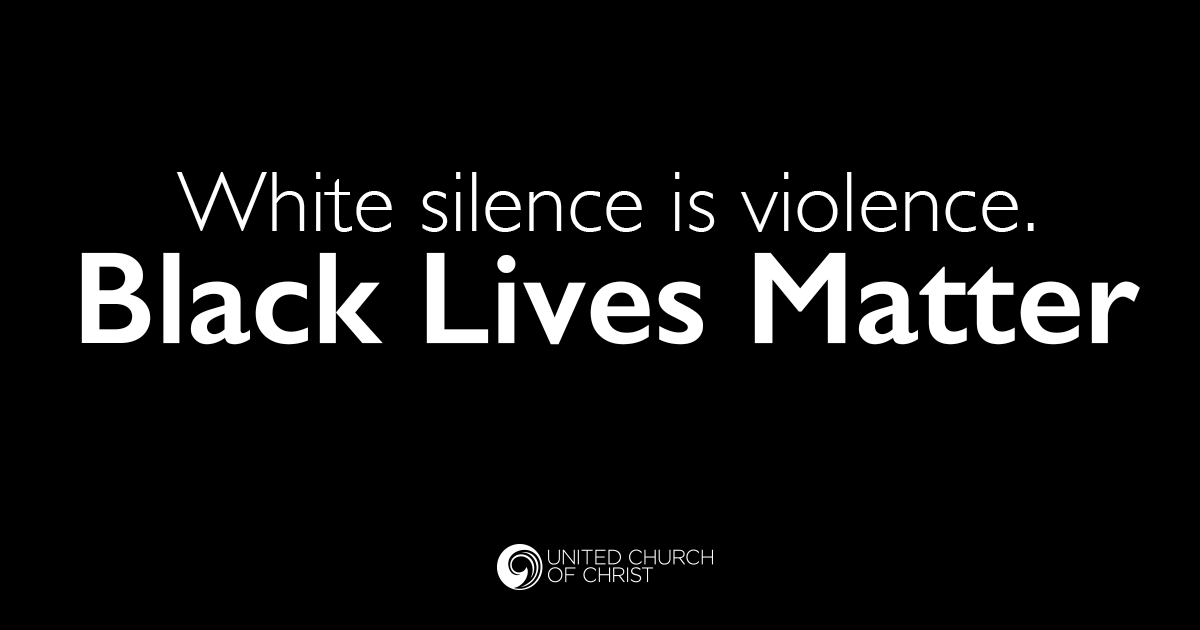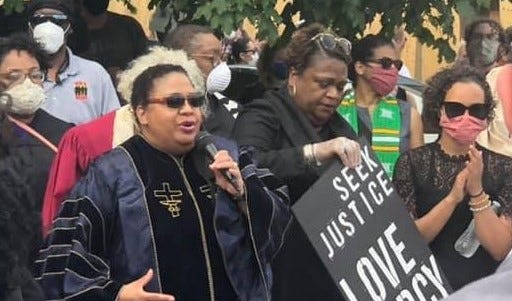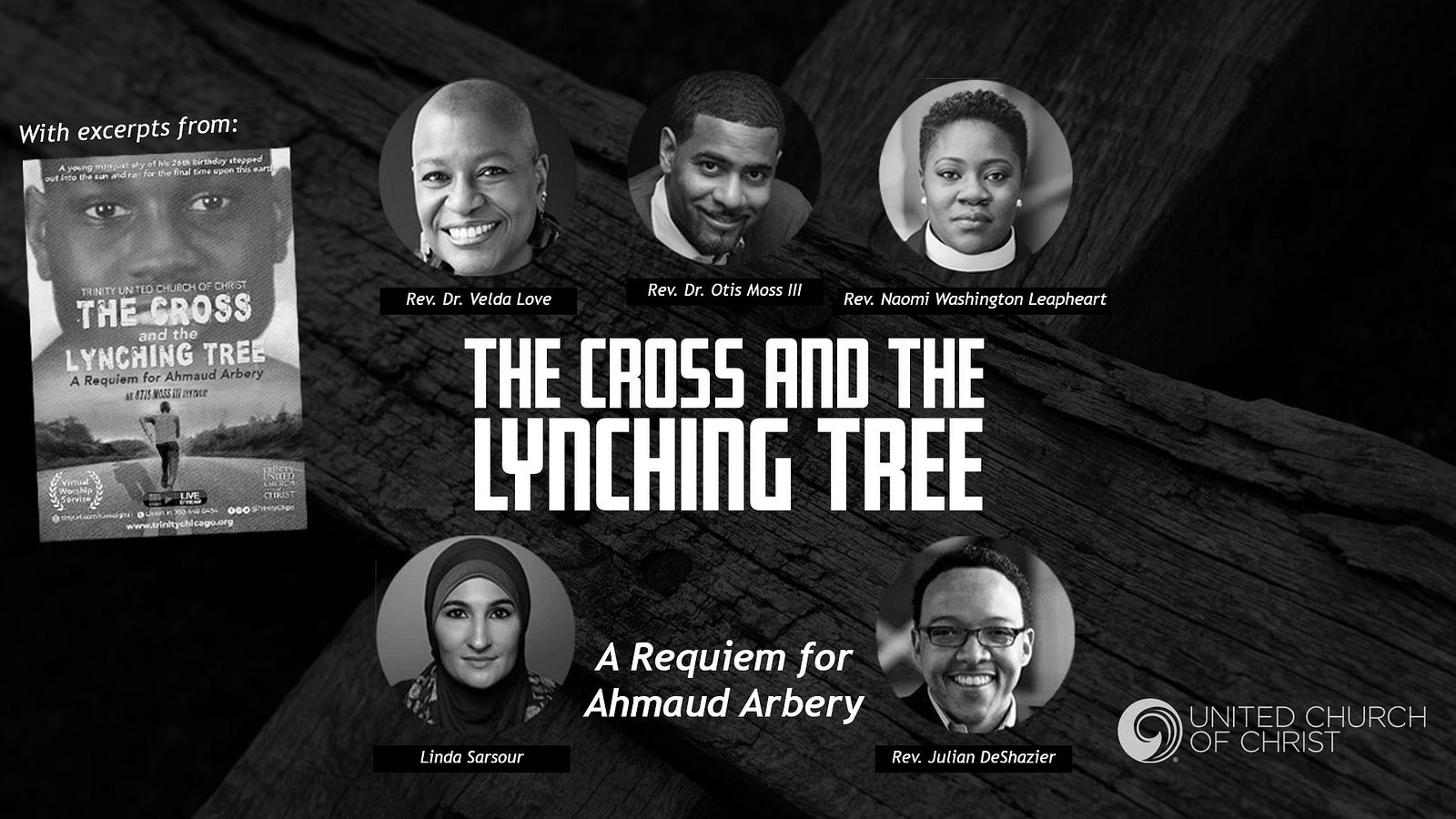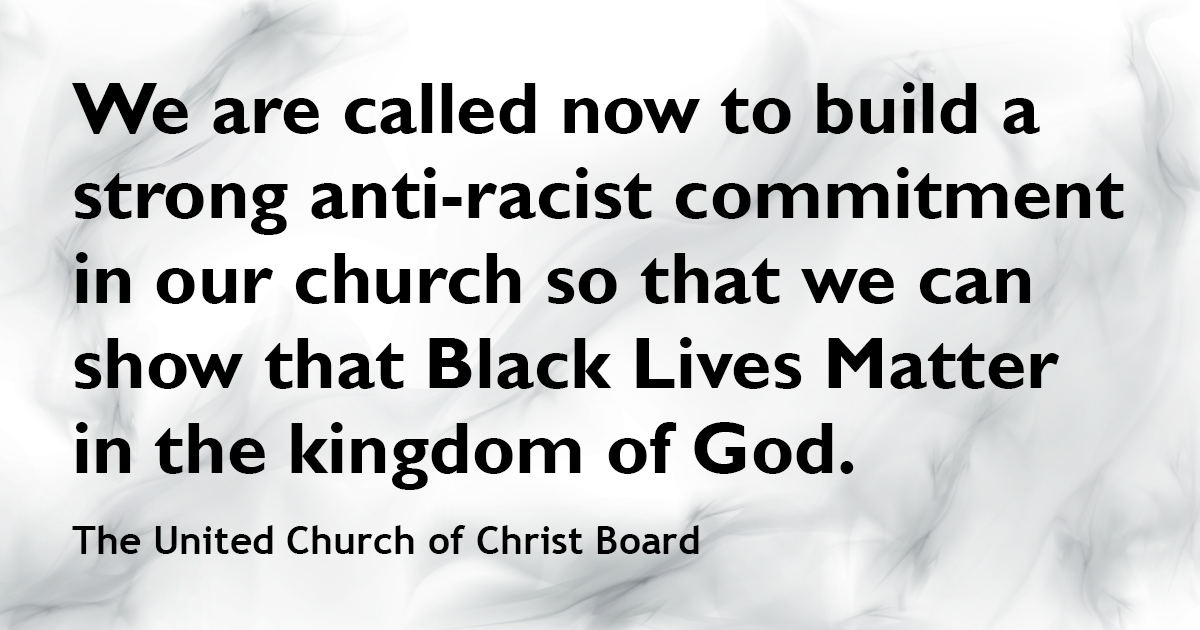FOR IMMEDIATE RELEASE
An expert in the intersection between white nationalism and other domestic hate movements and a pioneer in the field of digital inclusion will be honored at the 39th Everett C. Parker Ethics in Telecommunications Lecture and Awards Ceremony on Tuesday October 19 at 12:00 noon eastern. The event, which will be held virtually again this year, is sponsored by the United Church of Christ’s media justice ministry, the Office of Communication, Inc. (OC Inc.).
 |
| Eric K. Ward |
Eric K. Ward, executive director of the Western States Center, will present this year’s Parker Lecture. Ward has a long history as an activist, philanthropist, community organizer and leader, with a special focus on developing innovative responses to white nationalism, antisemitism and structural inequality. During a time when the country is grappling with its response to racism and white supremacy, particularly online, Ward will bring to bear his compelling skills as a speaker to these critical issues. As a frequently sought-after voice on race issues, he has been quoted in the New Yorker, New York Times, Los Angeles Times, the Washington Post, ESPN, NPR, BBC, Rolling Stone, and numerous other media outlets. In addition to his position at the Western States Center, he received the Peabody-Facebook Futures Media Award, is a Senior Fellow both at the Southern Poverty Law Center and at Race Forward. Ward also performs as Bulldog Shadow in a style of music that Outer Voices calls “a muscular, straightforward brand of Americana that benefits from a heavy dose of punk ethos.”
.jpg) |
| Angela Siefer |
The 2021 Parker Award will be presented to Angela Siefer, executive director of the National Digital Inclusion Alliance (NDIA). Siefer has played a pivotal role in the field now known as digital inclusion, largely due to her pioneering work. Since beginning her involvement with digital inclusion in 1997, she has contributed substantial work in the field, physically setting up computer labs in underserved areas and managing local digital inclusion programs. Siefer founded the NDIA in 2015, which aims to provide a united voice for initiatives that promote home and public broadband access and local technology training and support programs. NDIA has quickly become an essential player in ensuring all people have access to broadband across the country. During the COVID-19 pandemic Siefer and NDIA have expanded and been an irreplaceable source of information and inspiration as the nation struggled to bring all people online. In 2019, Siefer was named by Government Technology Magazine to its list of Top 25 Doers, Dreamers and Drivers.
 |
| Francella Ochillo |
The 2021 Donald H. McGannon Award, which recognizes special contributions to advancing the role of women and persons of color in the media, will be presented to Francella Ochillo. Ochillo is executive director of Next Century Cities, a nonprofit organization that focuses on expanding high-speed broadband connectivity across the United States. Ochillo is an attorney and digital rights advocate. Her work highlights the many ways in which widespread broadband adoption can improve educational outcomes, economic mobility, the ability to age in place, and pathways for participating in our democracy. She is also an incoming Technology and Public Purpose Fellow at Harvard University, where her research underscores the relationship between inadequate technology access and poverty. Ochillo is receiving the McGannon award for her work demonstrating that centering digital equity and empowering communities that are underrepresented in policy making are central to achieving positive digital outcomes for all.
Tickets and additional information about the event are available through EventBrite.
About the UCC’s media justice ministry and the Parker Lecture
The Office of Communications, Inc. is the media justice arm of the United Church of Christ. Founded in 1959, just two years after the formation of the UCC as a denomination, it was led by the Rev. Dr. Everett C. Parker in its earliest years. Parker was inspired by the work of Dr. Martin Luther King Jr. to reform television coverage of the civil rights movement in the South. OC Inc.’s advocacy in the 1960s resulted in the establishment of the right of all American citizens to participate in hearings before the Federal Communications Commission and the FCC being compelled to take away the broadcast license of the pro-segregationist television station WLBT-TV in Jackson, Miss., in 1969 for failing to serve the public interest.
The Parker Lecture was created in 1982 to recognize the Rev. Dr. Parker’s pioneering work as an advocate for the public's rights in broadcasting. The Parker Lecture is the only program of its kind in the United States that examines telecommunications in the digital age from an ethical perspective.
###
 As part of its 60-year-old mission in pursuit of media justice, the UCC's media justice ministry, OC Inc.,
As part of its 60-year-old mission in pursuit of media justice, the UCC's media justice ministry, OC Inc.,  The
The .png)


 United Church of Christ, OC Inc., the National Consumer Law Center and the Multicultural Media, Telecom and Internet Council collaborated to submit a
United Church of Christ, OC Inc., the National Consumer Law Center and the Multicultural Media, Telecom and Internet Council collaborated to submit a  ts of communication between incarcerated people and their loved ones demonstrates the need for federal legislation to address this issue. As has been widely documented, including most recently
ts of communication between incarcerated people and their loved ones demonstrates the need for federal legislation to address this issue. As has been widely documented, including most recently 



 The new HEROES Act released today, H.R. 6800, contains an incredible commitment to the communications rights of all people. The consumer protection and telecommunications provisions championed by Speaker Pelosi and Chairman Pallone recognize that the right of all people in the U.S. to connect with each other during the novel coronavirus pandemic is not only a matter of mental health and economic survival, it is a matter of life and death.
The new HEROES Act released today, H.R. 6800, contains an incredible commitment to the communications rights of all people. The consumer protection and telecommunications provisions championed by Speaker Pelosi and Chairman Pallone recognize that the right of all people in the U.S. to connect with each other during the novel coronavirus pandemic is not only a matter of mental health and economic survival, it is a matter of life and death.